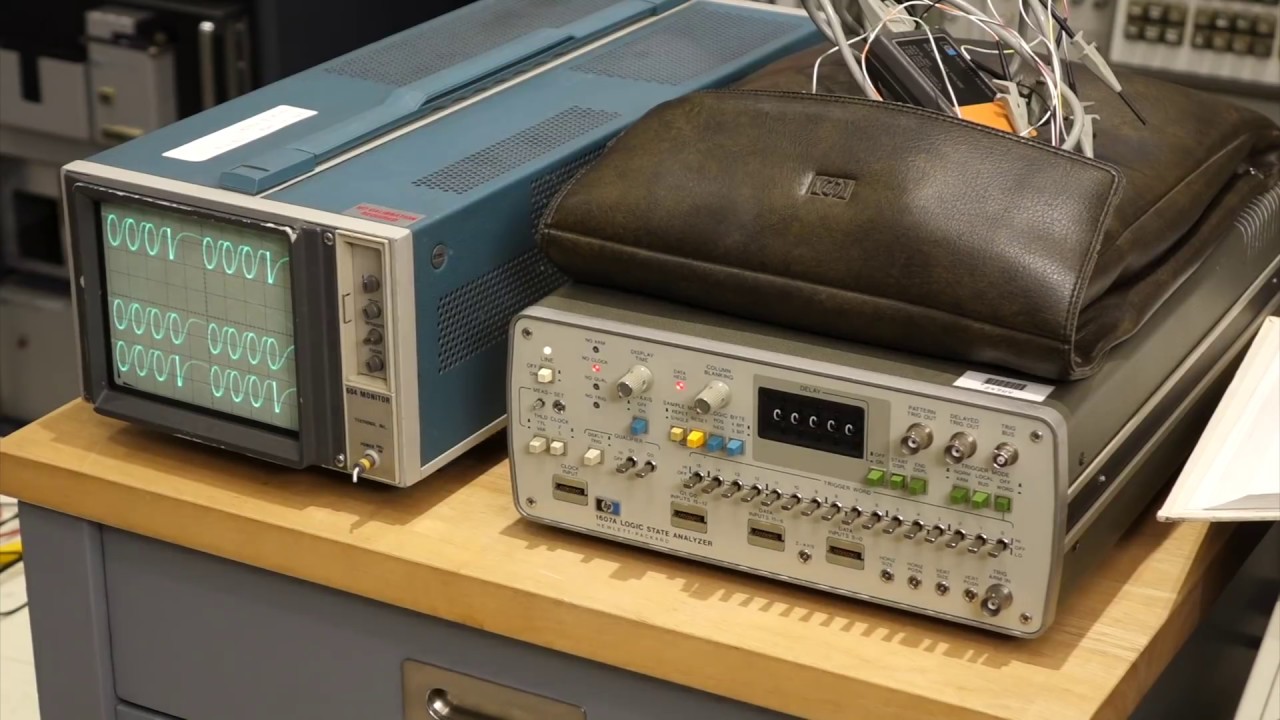A White Paper on Logic Analyzers: How to Use Them Effectively
Introduction
Logic analyzers are indispensable tools for debugging digital circuits, providing a comprehensive view of signal activity over time. By capturing and analyzing digital waveforms, logic analyzers help engineers identify and troubleshoot hardware and software issues. This white paper will explore the key components, operation, and effective usage of logic analyzers.
Understanding Logic Analyzers
A logic analyzer consists of several essential components:
- Probe: A physical probe that connects to the circuit under test (CUT) to capture signal activity.
- Timing Generator: Generates the clock signal that controls the timing of data acquisition.
- Memory: Stores the captured waveforms for analysis.
- Trigger System: Defines the conditions under which data acquisition starts.
- User Interface: Provides a graphical display and controls for viewing and analyzing waveforms.
Using a Logic Analyzer: Step-by-Step Guide
-
Preparation:
- Connect the logic analyzer probes to the appropriate test points on the CUT.
- Configure the timing generator to match the clock frequency of the circuit.
- Set the trigger conditions based on the specific event or condition you want to capture.
-
Data Acquisition:
- Trigger the logic analyzer to start capturing data.
- The logic analyzer will capture a specified number of data samples or a duration of time.
-
Data Analysis:
- Use the logic analyzer's user interface to view and analyze the captured waveforms.
- Look for anomalies, timing issues, or unexpected behavior.
- Compare waveforms to reference signals or expected patterns.
-
Troubleshooting:
- Use the captured data to identify potential causes of problems.
- Isolate the faulty component or circuit section.
- Make necessary corrections and retest.
Effective Use of Logic Analyzers
- Understand Your Circuit: Have a thorough understanding of the circuit's functionality and expected behavior.
- Choose the Right Probes: Select probes that are compatible with the signal types and voltage levels of the CUT.
- Set Appropriate Trigger Conditions: Define trigger conditions that capture the relevant events or conditions.
- Use Advanced Features: Take advantage of advanced features like state machines, bus analysis, and timing diagrams.
- Analyze Data Carefully: Pay attention to details and look for patterns or anomalies in the waveforms.
- Document Your Findings: Record your observations and analysis for future reference.
Common Challenges and Solutions
- Timing Issues: Ensure that the logic analyzer's clock frequency matches the CUT's clock frequency. Use advanced triggering options to capture specific events.
- Noise and Interference: Minimize noise and interference by using shielded cables and proper grounding techniques.
- Data Volume: For large datasets, consider using data reduction techniques or storing data to a computer for offline analysis.
- Complex Circuits: Break down complex circuits into smaller, manageable sections for easier analysis.
Conclusion
Logic analyzers are essential tools for debugging digital circuits. By understanding their components, operation, and effective usage, engineers can efficiently identify and troubleshoot hardware and software issues. By following the guidelines outlined in this white paper, you can maximize the benefits of logic analyzers and improve your debugging efficiency.
References for Logic Analyzer Usage
Books
- Digital Troubleshooting: A Practical Guide by Stephen W. Smith
- Logic Analyzer Handbook by Hewlett-Packard
- The Art of Debugging by David Agans
Online Resources
- Tektronix Logic Analyzer Resources: https://download.tek.com/manual/Tektronix-Logic-Analyzer-Family-Quick-Start-User-Manual_0.pdf
- Keysight Logic Analyzer Resources: https://www.keysight.com/us/en/assets/9018-07217/user-manuals/9018-07217.pdf
- LeCroy Logic Analyzer Resources: https://cdn.teledynelecroy.com/files/manuals/logicstudio_gsm.pdf
- National Instruments Logic Analyzer Resources: https://www.ni.com/docs/en-US/bundle/ni-elvis-iii-using-instruments/page/logic-analyzer-and-pattern-generator.html
- FPGA Forum: Logic Analyzer Discussions: https://www.fpgarelated.com/blogs-1/mp/all/all.php
Tutorials and Courses
- Online Tutorials: Many electronics and engineering websites offer free tutorials on logic analyzer usage.
- University Courses: Some universities offer courses on digital electronics or embedded systems that include logic analyzer training.
By consulting these references, you can gain a deeper understanding of logic analyzer principles, operation, and best practices.



